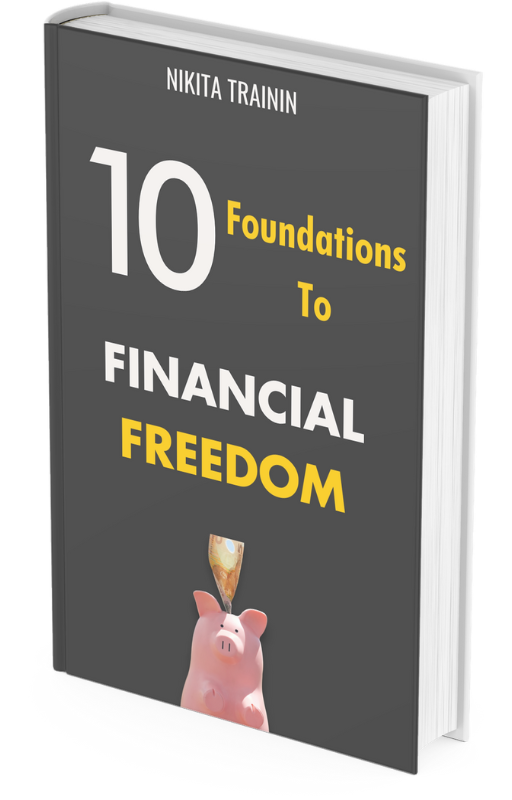

Financial Adviser
Last week, while speaking to NZ Herald, NZ Finance Minister Grant Robertson said, “Unemployment is low…and wages are growing faster than inflation to help meet the cost of living pressures. …our economic plan is working for New Zealanders despite the challenging global environment.”
At the same time the “challenging economic environment” means the need for mindful money management. That’s where the EMERGENCY FUND comes in. Let me explain.
An emergency fund is a savings account that is used for unplanned or unexpected expenses. Many personal finance experts recommend saving enough money to cover 3-6 months of living expenses in case of a job loss or other financial setback.
While it may seem like a luxury to have a large savings account, an emergency fund is a very important part of financial stability. Having an emergency fund gives you peace of mind knowing that you have a cushion to fall back on if something unexpected comes up.
Why We Need an Emergency Fund?
Job loss, medical bills, car repairs, home repairs, increased mortgage repayments, etc, etc can all be expensive, stressful, and difficult to manage without some extra cash on hand.
A Good Cover. An emergency fund can help you cover these unexpected costs so that you don’t have to put them on a credit card and end up with costly interest charges and stress.
Safe Retirement. An emergency fund can also help us avoid dipping into our retirement savings if something unexpected comes up. This is important because retirement savings should only be used for their intended purpose: retirement. Taking money out of our retirement account early can result in hefty fees and penalties, so it’s best to leave that money alone unless it’s absolutely necessary.
Avoid Cycle of Debt. We never know when an unexpected expense might crop up, which is why it’s so important to have an emergency fund. If we don’t have any savings set aside for emergencies, we’ll likely have to put the expense on a credit card. Not only will this add to our debt load, but it could also damage our credit score if we’re unable to make timely payments. Additionally, using credit cards for emergencies can create a vicious cycle of debt that’s difficult to break free from. An adequate emergency fund can help us avoid all of this by providing the financial cushion we need to cover unexpected expenses without going into debt.
How much should We have in our emergency fund?
A lot of financial experts recommend having enough money in your emergency fund to cover three to six months of living expenses.
This may seem like a lot, but it’s important to have a cushion in case of a prolonged period of unemployment or an unexpected medical situation. If we’re just starting, it’s okay to start small. We can begin by setting aside $50 from each pay until we have $1,000 saved up. Once we have reached this goal, we can begin working on saving three to six months’ worth of living expenses.
Where should We keep our emergency fund?
Our emergency fund should be in a savings account that is separate from our checking account. This will help us avoid the temptation of dipping into our savings for non-emergency expenses. Many banks offer savings accounts that offer higher interest rates than regular savings accounts. This means our money will grow faster while it’s sitting in our savings account.
Every little bit counts when it comes to saving for an emergency fund. The most important thing is getting started and being consistent with our contributions.
Feel free to contact me if you have any questions.
#personalfinance #emergencyfund #savingsaccounts
© Copyright 2022. Niktrainin | Privacy Policy

